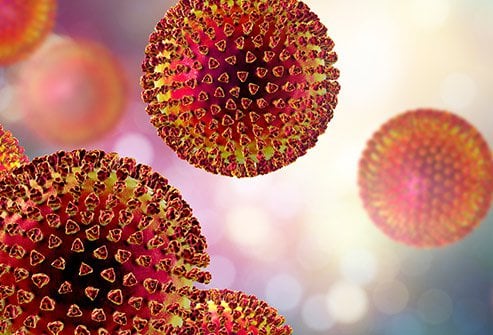Ghana has recorded two cases of Lassa fever, with one confirmed death.
In a statement, the Ghana Health Service said it received notification of two confirmed Lassa fever cases from the Noguchi Memorial Institute for Medical Research on 24″ February 2023 adding that both cases reside in Accra.
“The first case was a 40-year-old trader, who was unwell for a period of about two weeks and finally died at the Korle-Bu Teaching Hospital. The second case, who is a contact of the fatal case, is currently on admission but is very stable. So far, 56 contacts have been identified and are being followed up,” the statement said.
Lassa fever, which is caused by a virus and causes bleeding, is common in Benin, Ghana, Guinea, Liberia, Mali, Sierra Leone, and Nigeria. Ghana recorded its first case in 2011.
Lassa fever is caused by Lassa virus and the incubation period is 2-21 days. The virus is transmitted to humans through contact with food or household items contaminated with rodents (Rats, Mice) urine, or faeces.
Lassa virus may also be spread between humans through direct contact with the blood, urine, faeces, or other bodily fluids of a person infected with Lassa fever. Sexual transmission of Lassa virus has been reported.
Symptoms of Lassa fever
The early symptoms of Lassa fever may include fever and general weakness.
Persons may later present with headache, sore throat, muscle pain, chest pain, nausea, vomiting, diarrhea, cough, and abdominal pain.
In severe cases, there may be bleeding from the mouth, nose, vagina, or stomach. Death usually occurs within 14 days of onsct in fatal cases.
Treatment and prophylaxis
There is medicine (antiviral) for treatment and much more effective if taken early. There is currently no vaccine that protects against Lassa fever.
Prevention and Control:
Prevention relies on promoting community hygiene to discourage rodents from entering our homes. Effective steps include putting grain and other foods in containers that rodents can’t get into, throwing away trash far from the house, keeping the house clean, and having cats.
Avoid contact with blood and body fluids while caring for sick people.
Together with its partners, the Ministry of Health and Ghana Health Service assured the public that everything is being done to stop this outbreak and stop the virus from spreading further.
Ghana | Atinkaonline.com
























